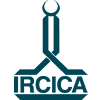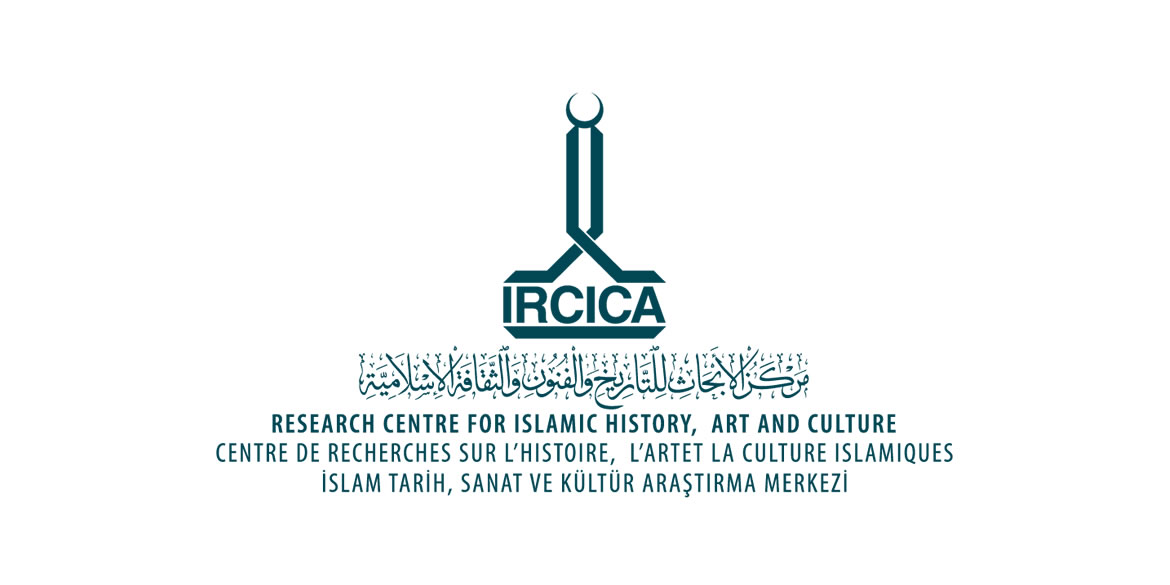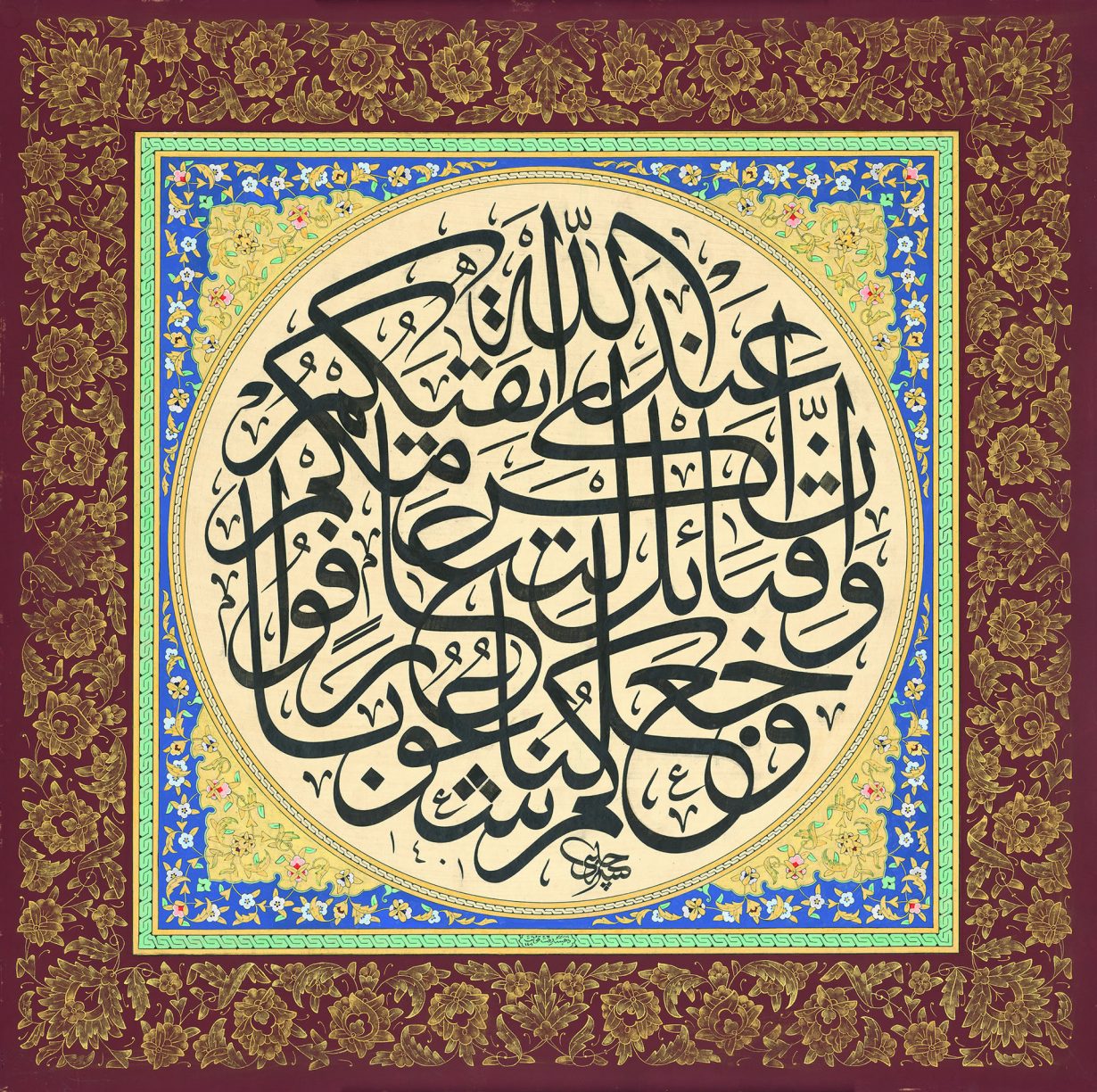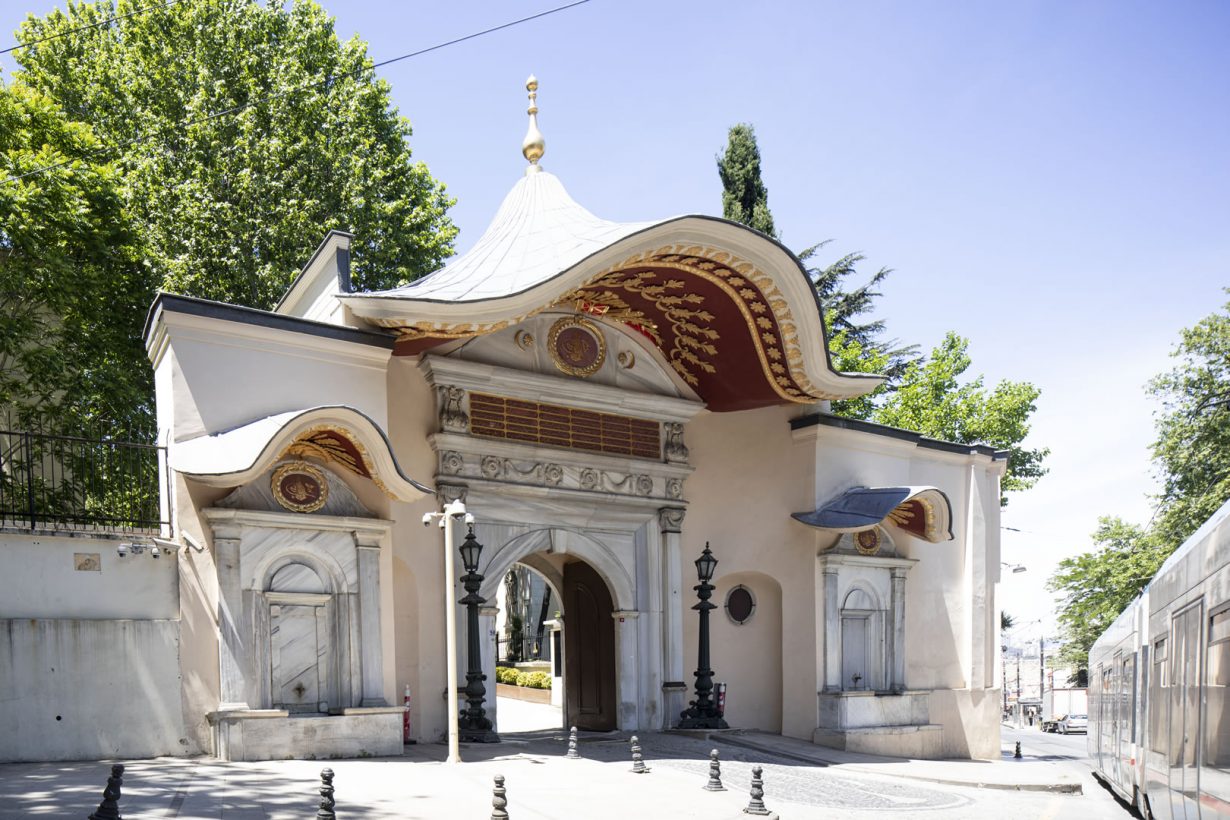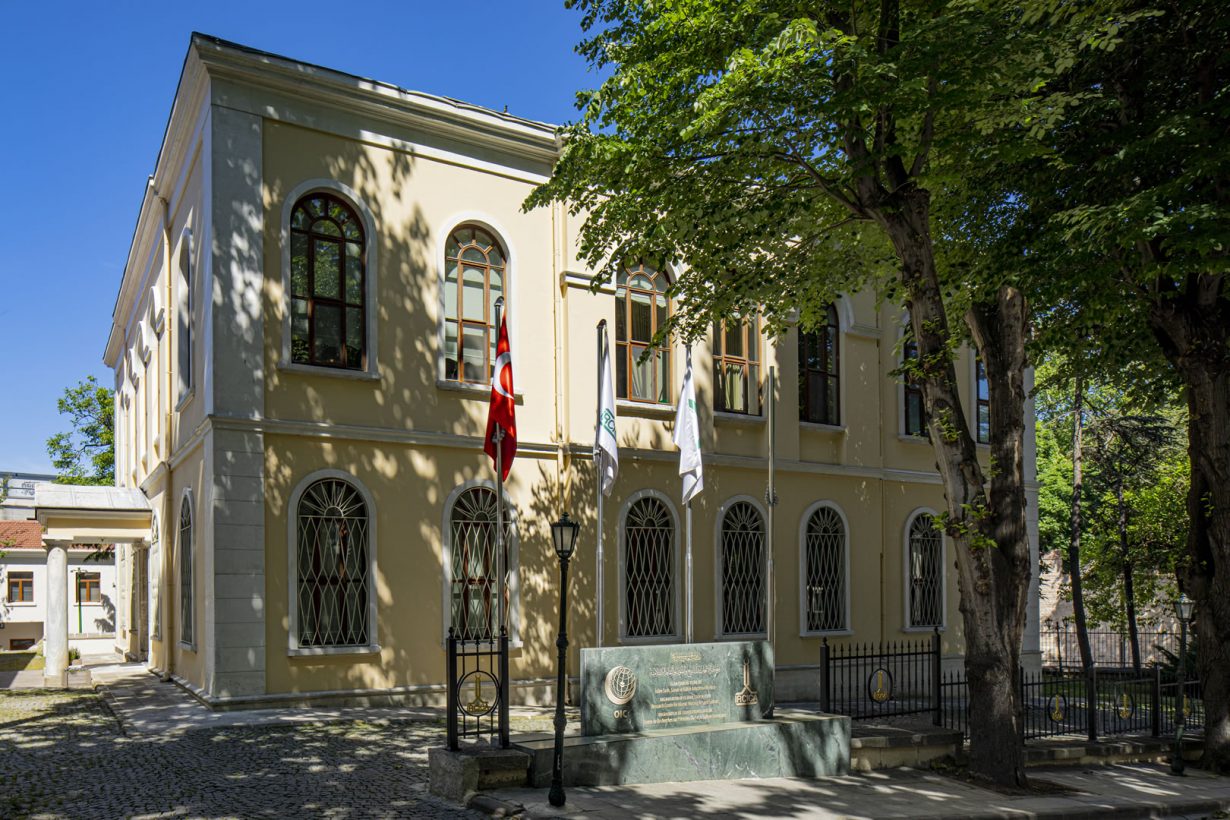Brief history
IRCICA is a subsidiary organ of the Organisation of Islamic Cooperation (OIC). IRCICA was established in 1979 as the first cultural centre of the OIC (then named Organisation of the Islamic Conference) (www.oic-oci.org). The 57 Member States of the OIC are also members of IRCICA.
The idea to establish IRCICA was proposed by the Republic of Turkey during the Seventh Islamic Conference of Foreign Ministers (presently named the Council of Foreign Ministers), in Istanbul, 1976, and approved by the Conference. Resolution no. 3/7-ECS. The Establishment Statute of the Centre was adopted by the 9th Islamic Conference of Foreign Ministers (Dakar, 1978) and later revised by the 6th Islamic Summit Conference (Dakar, 1991) which adopted the Framework Statute of the Subsidiary Organs of OIC by its Resolution no. 1/6-Org (IS). The Centre became operational upon the adoption of its first annual work program by the 11th Islamic Conference of Foreign Ministers (Islamabad, 1980).
In addition to its own mandate, from 1983 to 2000 IRCICA fulfilled the function of the Secretariat and Executive Organ of the International Commission for the Preservation of Islamic Heritage (ICPICH), in accordance with the Commission’s Statute that was adopted by the 13th Islamic Conference of Foreign Ministers (Niamey, 1982). The Commission was merged into IRCICA in June 2000, by decision of the 27th Islamic Conference of Foreign Ministers (Kuala Lumpur, June 2000), upon the demise of its Chairman, H.R.H. Prince Faisal bin Fahd bin Abdulaziz Al-Saud, General President of Youth Welfare in the Kingdom of Saudi Arabia, in 1999. Following the merger of ICPICH with IRCICA, the activities previously undertaken by ICPICH were incorporated in IRCICA’s work programs.
Abbreviated name, motto
The Centre is commonly known by its abbreviated name, I.R.C.I.C.A., where the letters stand for Istanbul, Research, Centre, Islamic, Culture, Arts.
The Centre’s motto is a part of the verse 13 of Sourah 49 (Al-Hujurat) of the Holy Quran:
﴾ وَجَعَلْنَاكُمْ شُعُوبًا وَقَبَائِلَ لِتَعَارَفُوا إِنَّ أَكْرَمَكُمْ عِندَ اللَّهِ أَتْقَاكُمْ ﴿
“O mankind, We have … made you into nations and tribes that you might get to know one another. Surely the noblest of you in the sight of Allah is he who is the most righteous. …”.
The motto is presented as a work of calligraphy composed by Mr. Hasan Çelebi and illuminated by Mrs. Rikkat Kunt, both master artists from Turkey, and printed on paper.
Headquarters
IRCICA’s headquarters are in Fatih district of Istanbul. From its establishment in 1979 until July 2017 the Centre was located at Yıldız Palace, Istanbul. Then it was transferred to a complex of five buildings allocated by the Presidency of Turkey in the historical core of the city.
- Yıldız Palace
IRCICA’s first location was in the historical Yıldız Palace, which was one of the last seats of the Ottoman State. Four buildings of this palace complex were allocated by the Government of Turkey to the Centre gradually over the years namely Seyir Pavillion, Çit Qasr, Yaveran Qasr and Silahhane (Armoury) Building. Çit Qasr allocated to its use in 1982 and Yaveran Qasr allocated in 1984 were restored by the Centre by means of international fund-raising campaigns with donations by states, personalities and business people. After allocation of the fourth building, namely Silahhane Building, to IRCICA to serve as its library, restoration of its interior was sponsored by H.H. Sheikh Mohammed bin Rashid al-Maktoum, Vice President and Prime Minister of the United Arab Emirates and Emir of Dubai. The building was inaugurated as the IRCICA Library by H.E. Mr. Recep Tayyip Erdoğan, President of Turkey, then Prime Minister of Turkey, at a ceremony held on 17 May 2009 in the Palace courtyard.
- Bab-ı Âli Complex
IRCICA’s headquarters were transferred from Yıldız Palace to the district of Fatih, in the historical core of Istanbul, as of July 2017. The new premises allocated to IRCICA by the Presidency of the Turkish Republic are situated in a complex of buildings some of which are historical monuments. The complex was used until 2014 as the repository of the Ottoman archives (“Hazine-i Evrak” – Treasury of Documents, i.e. state archives). The area was part of the “Bab-ı Ali” (“Sublime Porte”), i.e. the Grand Vizier’s offices. This building now comprises the Directorate General of IRCICA together with an exhibition hall. The four other buildings allocated to the Centre are used by the departments of research, library and documentation, finance and administration. The main conference hall is in the library building.
